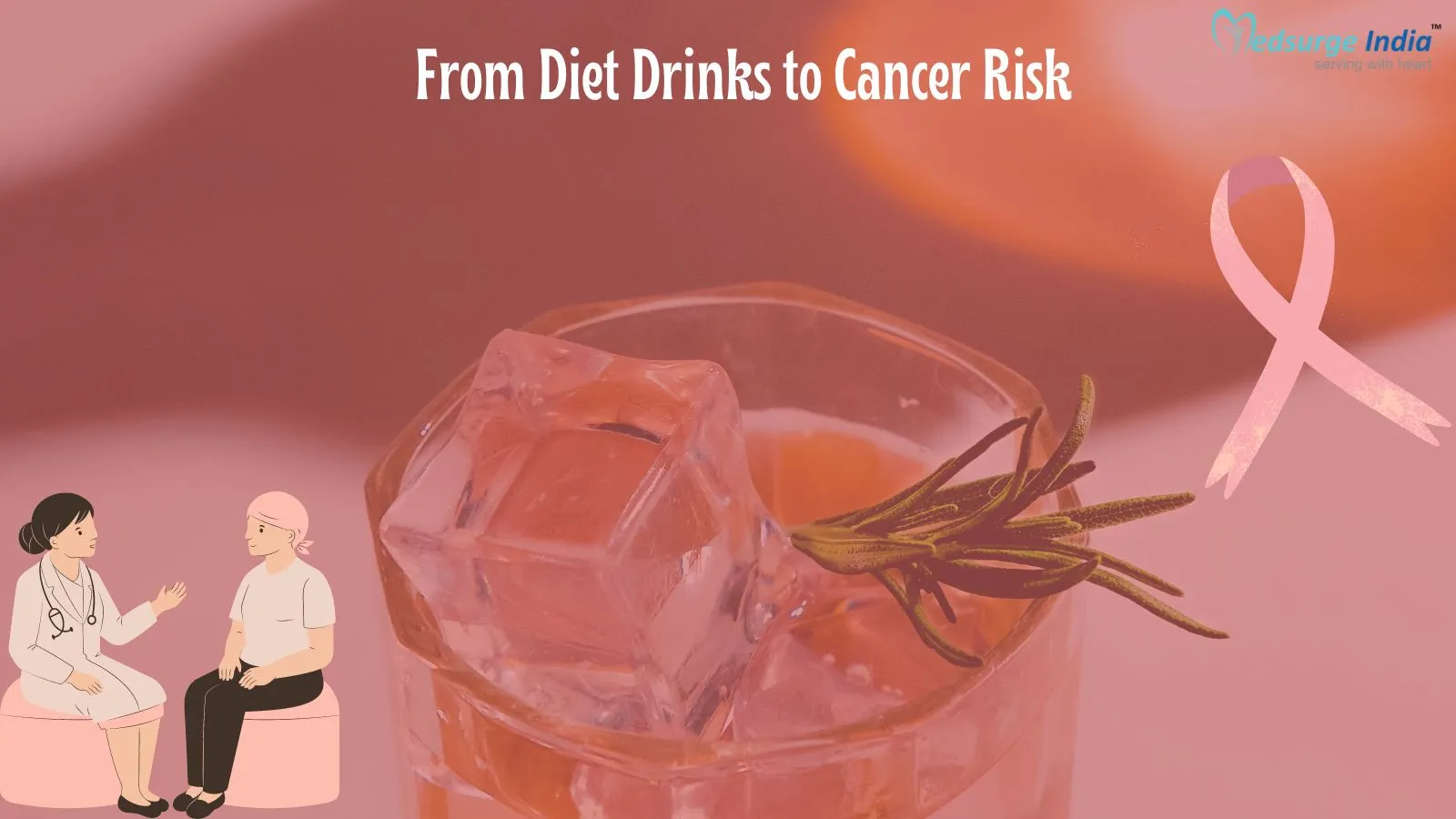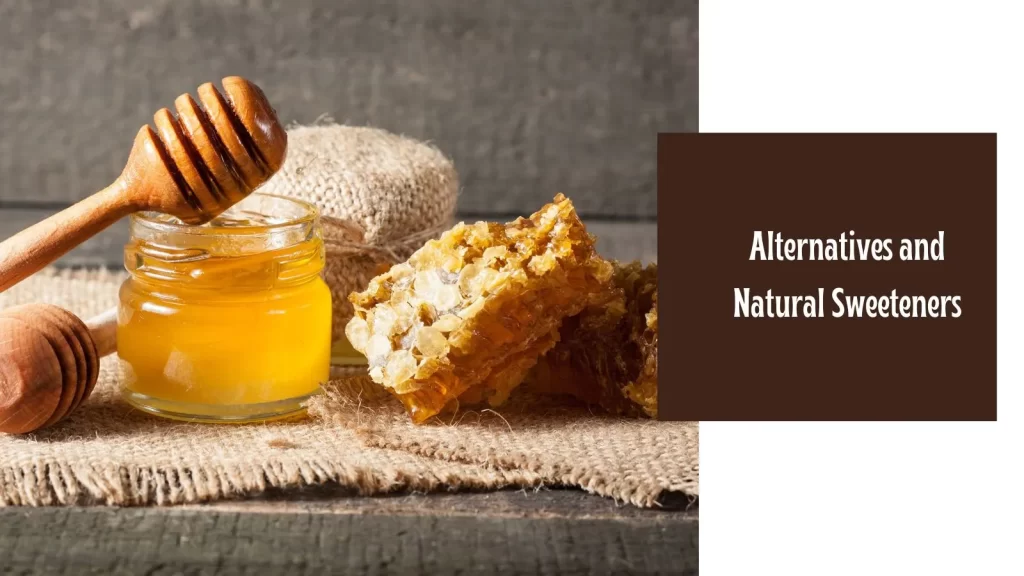
Non-sugar sweeteners, often promoted as healthier alternatives to sugar, have gained popularity in recent years. These artificial sweeteners can be found in various food and beverages, including diet drinks. However, concerns about their potential health risks, particularly their association with cancer, have sparked debates among consumers and experts alike. In this blog post, We will provide you with comprehensive information on non-sugar sweeteners.
Understanding Non-Sugar Sweeteners
Non-sugar sweeteners, also known as artificial sweeteners or sugar substitutes, are synthetic substances that provide a sweet taste without the added calories of sugar. They are commonly used in products marketed as “diet,” “light,” or “sugar-free.” Some popular non-sugar sweeteners include aspartame, saccharin, sucralose, and stevia.
Are Sweetener Safe?
The topic of whether sweeteners are beneficial or not has generated a lot of discussion. Some people think they’re a suitable substitute for sugar, particularly for folks who want to control their weight or blood sugar levels. Others contend that sweets can harm our health, altering the flora in our stomachs and raising our chance of contracting certain diseases. In the end, it’s crucial to consult your healthcare professional to decide what’s ideal for your particular medical requirements.
Examining the Safety Concerns
One of the most significant concerns surrounding non-sugar sweeteners is their potential link to cancer. Several studies have been executed to investigate this association, but the outcomes have been inconclusive. The U.S. Food and Drug Administration (FDA) and other regulatory agencies have approved the use of non-sugar sweeteners as safe for consumption, within acceptable daily intake limits.
Health And Sweeteners
While low- and no-calorie sweeteners can help you cut back on sugar, they won’t necessarily make a food or drink healthy. Tooth decay is more likely when you consume a lot of sweets. So long as the food or drink does not include any sugars, using no-calorie sweeteners can help lower the risk of tooth decay.
However, regardless of whether they include sugar, low-calorie sweeteners, or no sweeteners at all, carbonated drinks are linked to teeth erosion due to their acid content. In general, people should consume less sugar, but low- or no-calorie sweeteners can be a good substitute for those who wish to cut back on sugar without sacrificing sweetness.
Research on sweeteners and health has yielded conflicting results. Short-term studies on drinks containing no-calorie sweeteners have provided evidence that, when drank in place of sugary drinks, they can encourage weight gain and a reduction in caloric intake. There is no proof that sweets increase human appetite. Longer-term observational studies on weight have shown mixed evidence, but because of the limitations of this sort of research, it is impossible to clearly link the results to sugar consumption.
Navigating the Research
To navigate the maze of non-sugar sweeteners and cancer risk, it is essential to consider the scientific evidence. Many studies have been conducted on animals, and while high doses of certain non-sugar sweeteners have shown a potential for cancer in lab rats, these doses are significantly higher than what humans would typically consume.
Human studies, on the other hand, have been less conclusive. Some research suggests a potential link between non-sugar sweeteners and certain types of cancer, while others have found no evidence of such a connection. It is vital to note that these studies often rely on self-reported data and may be subject to various biases.
The Importance of Moderation
While the safety concerns surrounding non-sugar sweeteners require further research, it is crucial to remember that moderation is key. Consuming excessive amounts of any artificial sweetener, just like consuming excessive amounts of sugar, may have negative health effects. Balancing your overall diet and making mindful choices about your sweetener consumption can help mitigate potential risks.
Alternatives and Natural Sweeteners
 If you are concerned about the safety of non-sugar sweeteners, there are alternatives available. Natural sweeteners such as honey, maple syrup, and agave nectar can be used in moderation to add sweetness to your food and beverages. However, it is important to remember that these natural sweeteners still contain calories and should be consumed mindfully.
If you are concerned about the safety of non-sugar sweeteners, there are alternatives available. Natural sweeteners such as honey, maple syrup, and agave nectar can be used in moderation to add sweetness to your food and beverages. However, it is important to remember that these natural sweeteners still contain calories and should be consumed mindfully.
Helpful – Best Cancer Hospitals in India
- Fortis Hospital Gurgaon
- Indraprastha Apollo Hospital New Delhi
- Manipal Hospital Dwarka, Delhi
- HCG Cancer Centre, Bangalore
- Amrita Hospital, Faridabad
- Global Hospital Mumbai
- MGM Healthcare, Chennai
- Asian Heart Institute, Mumbai
- Sharda Hospital, Greater Noida
Conclusion
Navigating the maze of non-sugar sweeteners and their potential health risks can be challenging. While concerns about their association with cancer exist, the scientific evidence remains inconclusive. It is crucial to approach the consumption of non-sugar sweeteners in moderation and consider natural alternatives. By staying informed and making mindful choices, you can navigate the sweetener maze with confidence and prioritize your health.
Reference
- https://www.latimes.com/science/story/2023-07-13/soda-sweetener-aspartame-now-listed-as-possible-cancer-cause-but-its-still-considered-safe
- https://www.nhs.uk/live-well/eat-well/food-types/are-sweeteners-safe/
- https://www.cancerresearchuk.org/about-cancer/causes-of-cancer/cancer-myths/do-artificial-sweeteners-cause-cancer#references0


